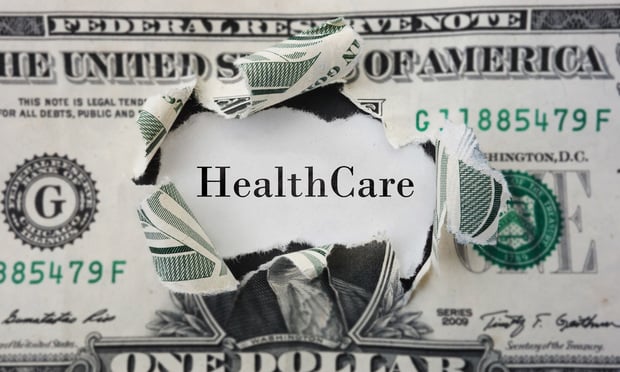CHICAGO (AP) — Physicians may choose riskier treatment for themselves than they'd recommend for their patients, according to a study that highlights a need for candid discussions about patients' preferences.
The findings are important because patients faced with difficult medical decisions often ask their doctors, "What would you do?" The answer reflects the doctors' values — not necessarily those of the patient. Doctors should know what their patients value most before giving advice, and patients should ask doctors the reasons behind their answers, said study author Dr. Peter Ubel, an internist and behavioral scientist at Duke University.
For example, not all cancer patients would want life-prolonging treatment if it means suffering through horrible complications — and their doctors should know that, Ubel said.
The study asked more than 700 primary-care doctors to choose between two treatment options for cancer and the flu — one with a higher risk of death, one with a higher risk of serious, lasting complications.
Complete your profile to continue reading and get FREE access to BenefitsPRO, part of your ALM digital membership.
Your access to unlimited BenefitsPRO content isn’t changing.
Once you are an ALM digital member, you’ll receive:
- Critical BenefitsPRO information including cutting edge post-reform success strategies, access to educational webcasts and videos, resources from industry leaders, and informative Newsletters.
- Exclusive discounts on ALM, BenefitsPRO magazine and BenefitsPRO.com events
- Access to other award-winning ALM websites including ThinkAdvisor.com and Law.com
Already have an account? Sign In
© 2024 ALM Global, LLC, All Rights Reserved. Request academic re-use from www.copyright.com. All other uses, submit a request to [email protected]. For more information visit Asset & Logo Licensing.








